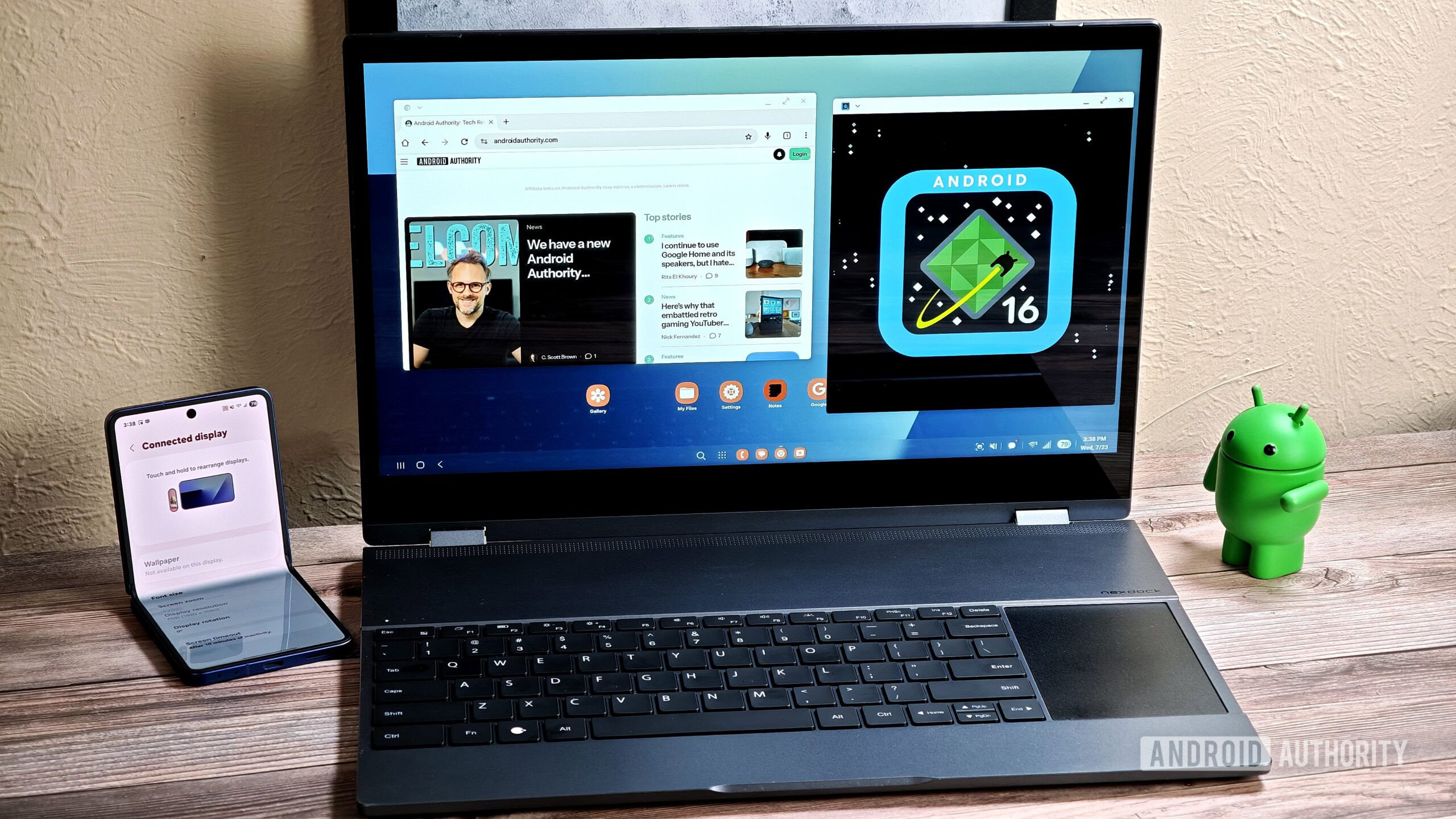T4K3.news
WhatsApp transitions to web app for Windows users
Meta will replace the native WhatsApp app on Windows with a simplified web version.

Meta is transitioning WhatsApp for Windows from a popular native app to a basic web version.
WhatsApp replaces native Windows app with web version
Meta has announced it will discontinue its native WhatsApp app for Windows, switching to a simplified web version. This change comes shortly after the introduction of a native app for iPad. The latest beta version shows significant alterations, moving away from a Windows-specific framework to a web app wrapped in Microsoft’s Edge WebView2 technology. Users will notice a more basic interface and altered notification settings. Although the update includes new features for WhatsApp Channels and enhanced capabilities for Status and Communities, many users are disappointed. They feel the web app lacks the polished integration previously offered with the native version, which provided better performance and user experience without requiring a phone connection.
Key Takeaways
"The move away from a native app is disappointing if you’re a daily user of WhatsApp on Windows."
This highlights user discontent with the new web version.
"WhatsApp Channels and more functionality are in the new beta, but it feels less integrated."
This reflects the mixed feelings users have towards new features versus design.
"Using Edge WebView2 allows Meta to maintain a single code base, but sacrifices user experience."
This statement underscores the trade-off between operational efficiency and potential user dissatisfaction.
The decision to adopt a web-based app for WhatsApp on Windows highlights an ongoing trend in software development where companies prioritize efficiency over functionality. Meta's choice to simplify its offerings may streamline updates and maintenance, but it also raises questions about user engagement. Daily users accustomed to a seamless experience may find this transition frustrating. Moreover, as other applications maintain native functionalities to boost user trust, WhatsApp risks losing its appeal among dedicated Windows users. This shift exemplifies a broader challenge facing tech companies as they balance operational efficiencies with consumer satisfaction.
Highlights
- A web app for Windows lacks the polish users expect.
- Performance may decrease as Meta prioritizes efficiency.
- Users will miss the native app's seamless experience.
- Transitioning to a web version represents a worrying trend.
User experience concerns over app transition
The shift from a native app to a web version may upset existing users, leading to potential backlash against Meta.
As Meta continues to streamline its applications, user preferences may dictate future changes.
Enjoyed this? Let your friends know!
Related News

Microsoft deletes saved passwords in Authenticator app

Microsoft Authenticator ceases password management

Microsoft will stop support for Windows 11 SE in 2026

Google to merge ChromeOS and Android into unified platform
Windows 11 Launch Highlights Mixed User Experience

Samsung replaces classic DeX mode with new version in One UI 8

New AI browser Comet launched by Perplexity

Microsoft advises on Windows 11 upgrade for unsupported PCs
